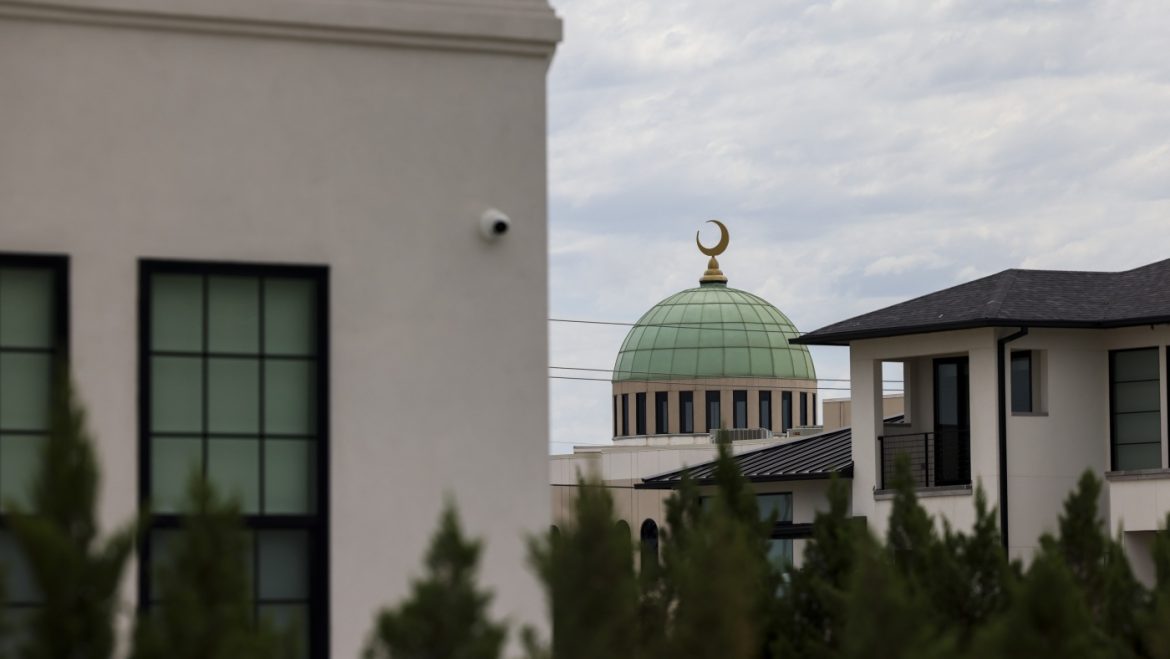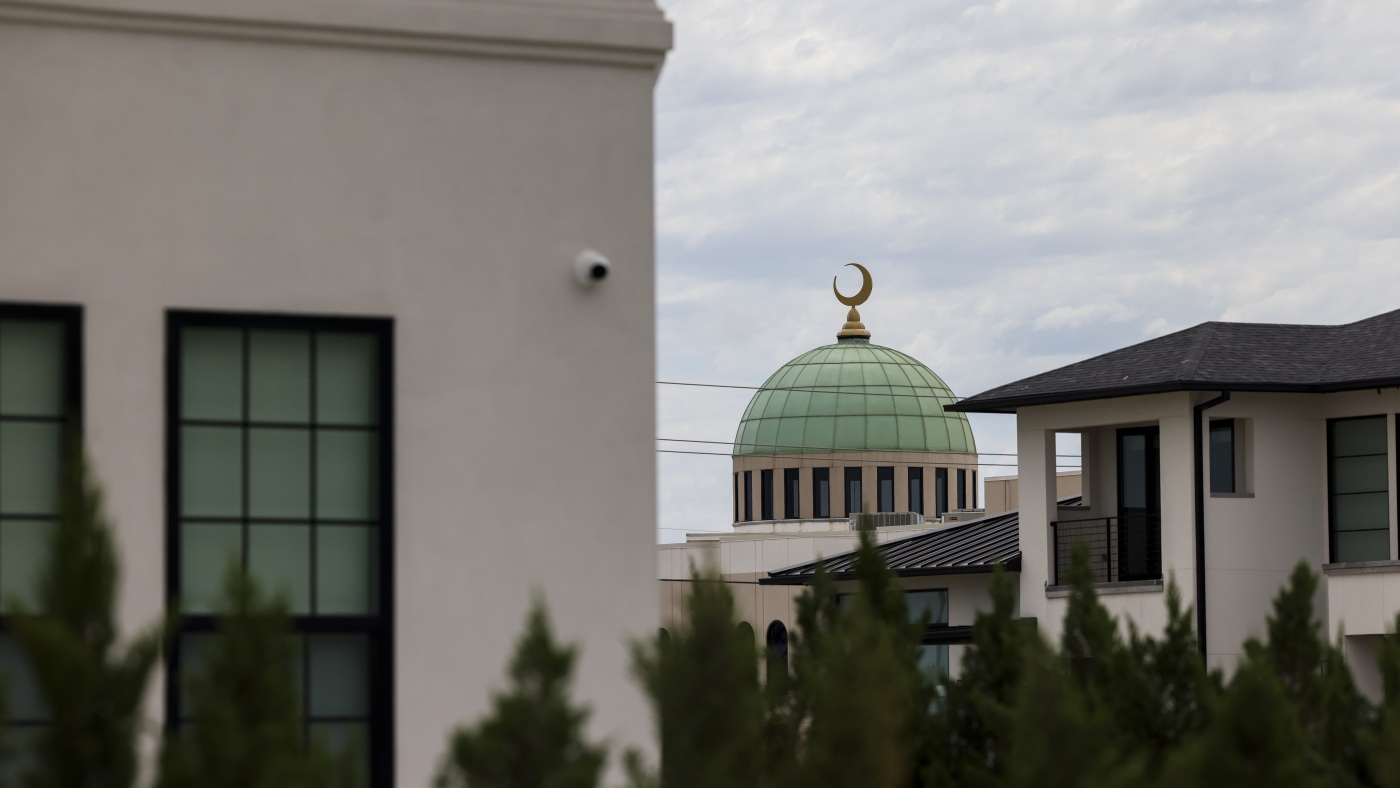The Proposal and Its Political Context: EPIC City Development in Texas
A new housing development known as EPIC City (East Plano Islamic Center City) has been proposed in Collin County, Texas, near Dallas. Spearheaded by a prominent local Muslim community affiliated with the East Plano Islamic Center—the largest mosque in North Texas—this community development project envisions a Muslim-centric residential area supported by the mosque’s leadership. Despite not having yet broken ground, EPIC City has become the focal point of considerable political, legal, and social controversy.
Political and Legal Inquiries Surrounding EPIC City
A significant development in the unfolding situation is the initiation of investigations by the U.S. Department of Justice (DOJ) and several Texas state agencies. U.S. Senator John Cornyn publicly called for the DOJ to investigate the project, citing concerns of potential discriminatory practices against non-Muslims and violations of federal civil rights laws. This led the DOJ to open a civil rights investigation into EPIC City.
On the state level, officials under Governor Greg Abbott’s directive have launched multiple probes focused on alleged violations of the Texas Fair Housing Act, particularly claims that the development may unlawfully discriminate against non-Muslim residents. These combined investigations examine whether EPIC City’s proposed design or governance could potentially impose religious restrictions or implicitly favor Muslims in occupancy or community rules. The state’s probe includes at least five separate inquiries connected to the mosque or the development.
Claims and Counterclaims: Religious and Legal Dimensions
Senator Cornyn and other critics have advanced apprehensions that the development could become a religious enclave governed by Sharia law, a concern echoed by conservative political leaders and media outlets. These claims suggest that the proposed community may insist on Muslim residency or practice, thus fostering religious discrimination.
Leaders of EPIC City categorically reject these allegations, labeling them as baseless and grounded in stereotypes about Muslims. They affirm that the development plans do not entail any prerequisites for residents to be Muslim, nor do the materials or rules require adherence to Islamic law. The project proponents emphasize the development’s intent to provide a welcoming community space while preserving their cultural and religious identity, without infringing on the civil rights of others.
Community Reactions: Stereotyping and Social Impact
The controversy surrounding EPIC City has profoundly affected community members, many of whom feel unfairly stereotyped or targeted because of their faith. The situation has stirred fears among Muslims in Texas regarding religious discrimination and profiling, with some describing an atmosphere of hostility exacerbated by political rhetoric.
The response among local opponents, including some political leaders, reflects a broader climate of national debate over religious freedom, integration, and minority rights. The polarized discourse illustrates the challenges minority communities can face when establishing culturally centered developments amid heightened scrutiny fueled by misinformation and prejudice.
Legal and Ethical Questions Raised
This case surfaces complex issues at the intersection of religious freedom, fair housing laws, and anti-discrimination principles. It highlights the delicate balance regulators must maintain in safeguarding civil rights without perpetuating unfounded suspicion toward religious communities.
Key questions include:
– Whether EPIC City’s planning and policies cross legal boundaries by restricting non-Muslim residents or enforcing religious laws.
– How to evaluate discriminatory intent or effect in culturally specific housing developments.
– The role of political narratives in shaping public and legal perceptions of minority projects.
– The potential impact of legal inquiries on community cohesion and minority rights.
Conclusion: Navigating the Intersection of Community Development and Civil Rights
The EPIC City controversy in Texas embodies a microcosm of broader societal tensions between religious minority expressions and majority political concerns. While the DOJ and state investigations seek to ensure compliance with housing and civil rights laws, the discourse reveals a need for careful, fact-based analysis free from stereotyping or political exploitation.
How EPIC City will ultimately unfold depends on legal findings and the community’s ability to navigate these challenges amid scrutiny. More profoundly, this episode underscores the ongoing struggle to balance cultural identity, religious freedom, and inclusive community development within America’s diverse social fabric. The outcome may set important precedents on how Muslim and other faith-based communities pursue development while addressing legitimate legal and social concerns without becoming targets of discrimination or suspicion.
—
Support fair, inclusive communities free from stereotypes—stay informed on EPIC City developments with Talkpal.


